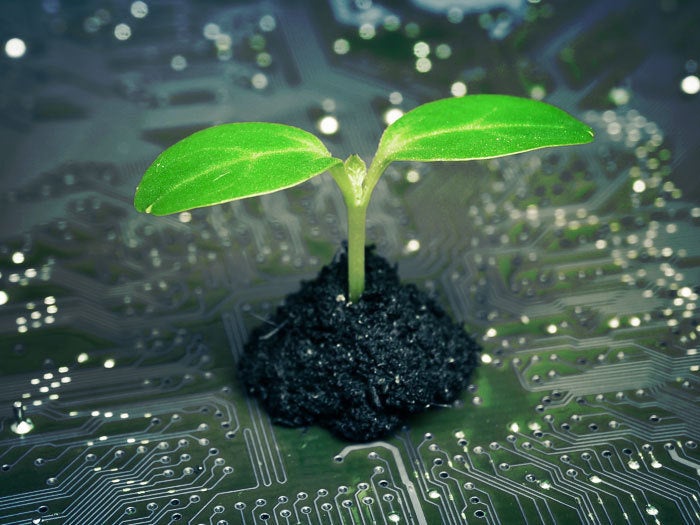Get ready for a future of disposable of internet of things (IoT) devices, one that will mean everything is connected to networks. It will be particularly useful in logistics, being used in single-use plastics in retail packaging and throw-away shippers’ carboard boxes.
How it will happen? The answer is when non-hazardous, disposable bio-batteries make it possible. And that moment might be approaching. Researchers say they’re closer to commercializing a bacteria-powered miniature battery that they say will propel the IoDT.
The “internet of disposable things is a new paradigm for the rapid evolution of wireless sensor networks,” says Seokheun Choi, an associate professor at Binghamton University,in an article on the school’s website.
“Current IoDTs are mostly powered by expensive and environmentally hazardous batteries,” he says. Those costs can be significant in any kind of large-scale deployment, he says. And furthermore, with exponential growth, the environmental concerns would escalate rapidly.
The miniaturized battery that Choi’s team has come up with is uniquely charged through power created by bacteria. It doesn’t have metals and acids in it. And it’s designed specifically to provide energy to sensors and radios in single-use IoT devices. Those could be the kinds of sensors ideal for supply-chain logistics where the container is ultimately going to end up in a landfill, creating a hazard.






